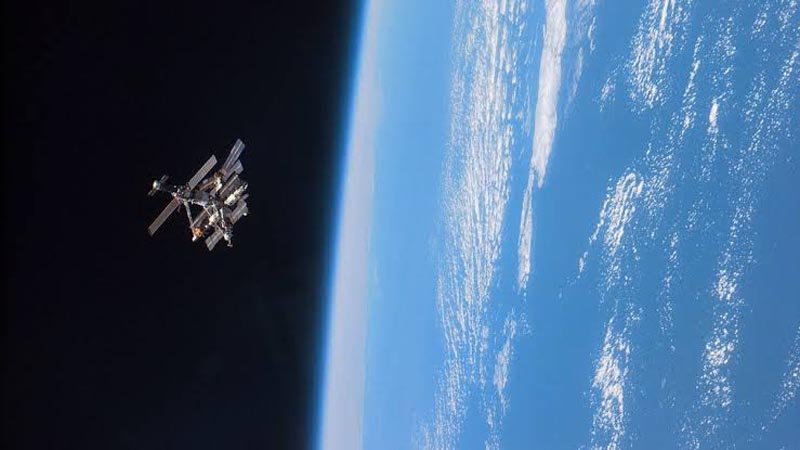ASTRONET is an independent consortium whose goal is to develop a shared scientific vision for all of European astronomy.

The ASTRONET Science Vision and Infrastructure Roadmap 2022 to 2035 is a comprehensive roadmap produced by the ASTRONET network of European funding agencies and research organisations, including the UK Science and Technology Facilities Council.
By bringing together various groups to discuss some of the most important scientific issues, ASTRONET is an independent consortium whose goal is to develop a shared scientific vision for all of European astronomy.
The report’s lead editor, Professor Amelie Saintonge of UCL’s Department of Physics and Astronomy, said: “The technology behind the facilities that enable ground-breaking astronomical discoveries frequently takes decades to mature.
This is why it is crucial to examine our scientific priorities from a long-term and global perspective, as we do in the ASTRONET Science and Infrastructure Roadmap.
The Roadmap emphasises the need for a well-balanced and integrated infrastructure, where large flagship observatories are complemented by smaller rapid-response facilities, computation and data centres, as well as laboratory facilities and infrastructures for technology development.
That astronomical research is carried out in a sustainable and equitable manner that also fulfils our roles as educators and responsible citizens is another growing community priority. The report emphasises how critical it is to take these factors into account as early in the decision-making process as possible.
A number of public consultations were held to make sure the report accurately represented the diversity of viewpoints in astronomy, and panels made up of more than 100 scientists from across Europe contributed to it.
These recommended the facilities and resources required to meet these priorities, as well as establishing important priorities like comprehending the universe’s origin and the evolution of the planets in our solar system.
The report takes into account recently released visions from the European Space Agency, NASA, and advisory groups like the particle astrophysics consortium when making its recommendations. The report’s objective is to produce a freely available resource for decision-makers in government and science to aid in making wise choices that more effectively and efficiently guide scientific discovery.
The prior ASTRONET Science Vision and Infrastructure Roadmap, which was released in 2007 and updated in 2015, contained recommendations that influenced proposals for projects like: Extremely Large Telescope (ELT) of the European Southern Observatory in Chile Jodrell Bank ; Close to Manchester, is home to the Square Kilometre Array Observatory.
These and other suggested initiatives have since gotten a lot of support and involvement from the UK. The ASTRONET Roadmap has developed into a valuable resource of knowledge for the advantage of the entire research community thanks to suggestions like these.
The recommendations of the latest report include: Timely construction of the Cherenkov Telescope Array to detect very high energy gamma rays from black holes and other extreme phenomena; Adoption of the European Space Agency Athena and Laser Interferometer Space Antenna missions to study black holes, detect and accurately measure gravitational waves from astronomical sources and more; Development of second-generation instruments to enhance the capability of the ESO Extremely Large Telescope; Introduction of more robust environmental footprint assessments for astronomical research and greater consideration of how to reduce the environmental impact of space science; Investing in people to guarantee our ability to foster scientific and technological advances in astronomy; Researchers at UCL Physics & Astronomy as well as the Mullard Space Science Laboratory at UCL have key roles in many of the initiatives and facilities discussed in the roadmap.
“Astronomy is a necessarily international field, so, while it is important that individual nations set their own priorities, a common view is essential to enable world-class programmes and capabilities, with European leadership,” said Dr. Colin Vincent, STFC Associate Director of Astronomy and Chair of the ASTRONET board.
With revolutionary space missions like the James Webb Space Telescope redefining our understanding of our place in the universe, science is experiencing an incredibly exciting time. It is essential that we capitalise on this momentum by adopting a strategic perspective on how to coordinate efforts across Europe and the world to keep pushing the boundaries of our knowledge.
